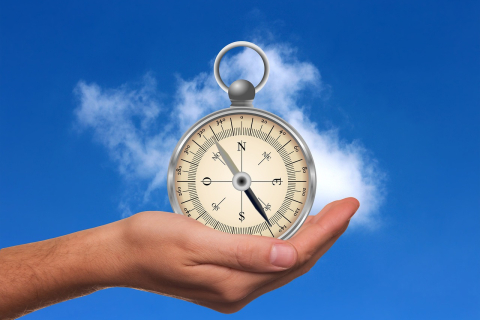MENTAL HEALTH AND COVID-19. 12 challenges to keep moving forward.
The pandemic, as a biopsychosocial phenomenon, affects all social classes and all continents, but it has not been socially “egalitarian”.
Unemployment rates and global social inequality have risen to record highs. This is generating an increase in dysfunctions and changes at a personal level (emotions, thoughts, values), group (interpersonal relationships), social (social organization) and also global (relationships between blocks and continents).

Home confinement and physical and social distancing disrupt relational processes, the foundation of mental health: availability of social support, daily interaction and coping skills.

That is why they are associated with higher levels of mental distress and even disorders (due to excessive anxiety, depression, insomnia and post-traumatic stress syndrome).
According to a study carried out in the United States coordinated among others by Paul Harrison and Max Taquet, professors of Psychiatry at Oxford, 1 in 3 survivors of the Covid-19 coronavirus suffer neurological or mental disorders after overcoming the disease, mainly anxiety and depression.
In an article in the Lancet Psychiatry, they analyzed the health records of 236,379 Covid-19 patients and found that 34 percent had been diagnosed with neurological or psychiatric illnesses within six months.

Another factor to take into account are the accumulated mourning processes due to the different losses suffered in the pandemic, due to the economic crisis and fear of the future.

As a challenge we have before us to balance psychiatric-pharmacological measures (the world consumption of psychoactive drugs is the highest in history) with social and psychosocial measures, which are the priority for the emotional well-being of the population today.

Below we share 12 concrete actions:
1. Sleep 7-8 hours a day.
2. Get regular physical activity.
3. Eat healthy and avoid alcohol, tobacco and drugs.
4. Limit screen time.
5. Relax and recharge your batteries. Make time for yourself.
6. Maintain your normal routine. Limit your exposure to the media.
7. Focus on positive thoughts.
8. Focus on your moral values or your spiritual life.
9. Establish priorities, the important before the urgent.
10. Create meaningful connections and experiences with other people.
11. Do something positive for others.
12. Help and support a friend or family member.
Many of these actions are promoted in an innovative way through the Biopolis® Methodology. If you are interested in knowing more, contact us and we will create an experience for you.
References:
https://www.thelancet.com/journals/lanpsy/article/PIIS2215-0366(20)30462-4/fulltext
https://www.thelancet.com/journals/lanpsy/article/PIIS2215-0366(21)00232-7/fulltext





Leave a comment